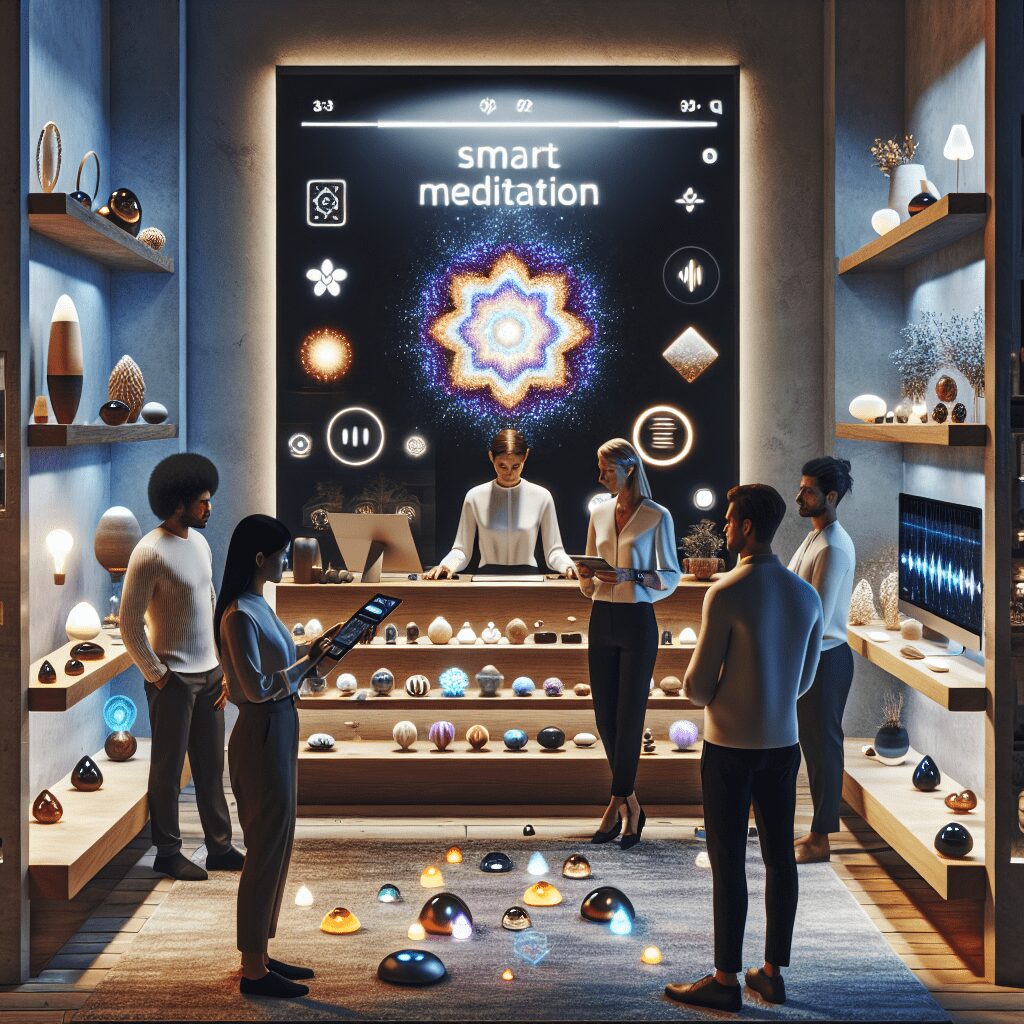
Prioritize your mental well-being daily. Enhance your life by nurturing your mental health with the Smart Meditation app. Break free from stress, alleviate anxiety, and enhance your sleep quality starting today.
Can Anxiety Cause An Allergic Reaction?
Unlocking the Mystery: Can Anxiety Trigger Allergic Reactions?
In the whirlwind of daily life, where stress lurks around every corner, it’s not uncommon for folks to ponder whether their mental state, particularly anxiety, can manifest physical symptoms akin to an allergic reaction. After all, mind and body are not just close neighbors; they’re roommates. But how far does this connection go? Can the state of our minds truly influence our physical reactions to the extent of triggering allergies? Let’s dive into this intriguing intersection of psychology and immunology to uncover some truths.
The Mind-Body Connection: More Than Just Neighbors
First off, it’s crucial to set the stage by acknowledging the powerful link between mental health and physical well-being. Anxiety isn’t just a cluster of nerve-wracking thoughts and feelings; it’s a full-body experience. Ever felt your heart race or palms sweat at the thought of a stressful event? That’s your body responding to signals from your brain, illustrating the complex dialogue between your mental state and physical reactions.
Now, regarding the question at hand: Can anxiety cause an allergic reaction? The answer isn’t a straightforward yes or no, but rather, “It’s complicated.” Here’s the deal – while anxiety itself doesn’t directly cause allergic reactions, it can exacerbate symptoms and make them feel more severe than they actually are.
The Amplification Effect: When Anxiety Turns Up the Volume
Imagine you’re allergic to pollen. On a scale of 1 to 10, your typical symptoms hover around a manageable 3. But throw in a hefty dose of anxiety, and suddenly, your symptoms might feel cranked up to a solid 8. This isn’t because the allergy has worsened in a medical sense, but rather, your perception of these symptoms has intensified. Why does this happen?
-
Stress Response: Anxiety triggers the body’s stress response, also known as “fight or flight.” This primes your body to deal with threats but can also heighten your sensitivity to allergy symptoms.
-
Inflammation: Chronic stress and anxiety can contribute to inflammation in the body, potentially worsening allergic reactions.
So, while your sneezing and itching might feel like they’ve gone into overdrive during periods of high anxiety, the underlying allergy remains unchanged. It’s your response to it that’s shifted gears.
Navigating the Crossroads of Anxiety and Allergies
Armed with the knowledge that anxiety can turn the volume knob on your allergy symptoms, what’s a person to do? Here are a few actionable tips to keep both your allergies and anxiety in check:
-
Mindfulness and Relaxation Techniques: Incorporate stress-reduction practices like meditation, yoga, or deep-breathing exercises into your daily routine. Lowering your anxiety can help keep your symptoms at a more manageable level.
-
Seek Professional Help: If your anxiety feels overwhelming or if it’s significantly impacting your quality of life, reaching out to a mental health professional can be a game-changer. Therapy, and in some cases, medication, can help manage anxiety.
-
Allergy Management: Stay on top of your allergy treatment plan. Whether it’s avoiding known triggers, keeping up with medications, or undergoing immunotherapy, managing your allergies effectively can reduce instances where anxiety might amplify your symptoms.
While anxiety might not directly cause an allergic reaction in the traditional sense, its impact on how we perceive and cope with allergy symptoms can’t be overlooked. By addressing both fronts – the mental and the physical – we can stride toward a more balanced, less reactive life. And remember, it’s always a good idea to discuss any concerns with healthcare professionals, who can provide tailored advice and support. So, here’s to less sneezing and stressing!





